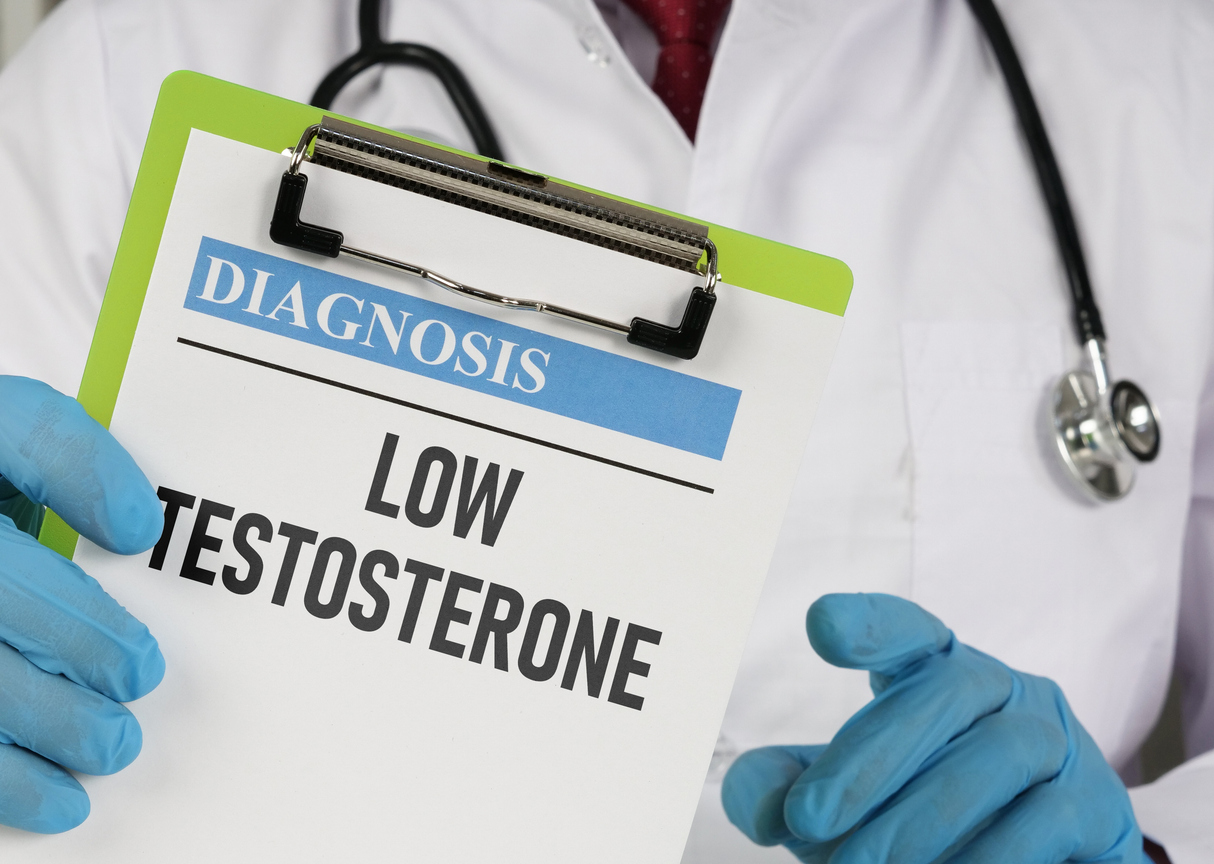Navigating Menopausal Weight Gain: Hormonal Approaches for Effective Management
As women transition through menopause, they often encounter various physical and hormonal changes, including weight gain. Menopausal weight gain can be a challenging aspect of this phase, impacting both physical health and emotional well-being. However, understanding the hormonal mechanisms behind it and adopting effective strategies can help manage weight gain more successfully.
In today’s fast-paced world, maintaining a healthy lifestyle can sometimes feel like an uphill battle. Numerous factors influence our well-being, but one aspect that often gets overlooked is hormonal balance. Hormones play a vital role in regulating various bodily functions, including metabolism, appetite, and stress response. When these hormones are out of balance, it can lead to weight gain and a myriad of other health issues.
Understanding Hormonal Weight Gain:
Hormonal weight gain occurs when hormones such as insulin, cortisol, thyroid hormones, and sex hormones like estrogen and testosterone are imbalanced. These imbalances can be caused by various factors, including poor diet, lack of exercise, chronic stress, inadequate sleep, and certain medical conditions.
Estrogen helps regulate metabolism and body fat distribution, and its change during menopause can lead to increased abdominal fat and a slower metabolic rate.
One common manifestation of hormonal imbalance is estrogen dominance, which can lead to the accumulation of fat around the abdomen, commonly known as “estrogen belly.” Estrogen dominance occurs when there is an excess of estrogen relative to other hormones in the body. This imbalance can be caused by factors such as exposure to environmental toxins, dietary choices, and fluctuations in hormone levels during menopause or perimenopause.
Symptoms of estrogen dominance may include weight gain, bloating, mood swings, irregular menstrual cycles, and fatigue. While estrogen is a vital hormone for women’s health, an excess of it can disrupt the delicate balance of hormones in the body, leading to various health issues.
Although estrogen levels decrease significantly during menopause, if progesterone levels decline more rapidly, it can still result in estrogen dominance, regardless of the minimal amount of estrogen present in your system.
Maintaining Hormonal Balance for Managing Weight Gain:
Fortunately, there are steps individuals can take to maintain hormonal balance and manage or reverse hormonal weight gain. A holistic approach that encompasses diet, exercise, sleep, and stress management can be highly effective in restoring equilibrium to the body.
Balanced Diet: A diet rich in whole, nutrient-dense foods can help support hormonal balance. Focus on incorporating plenty of fruits, vegetables, lean proteins, healthy fats, and complex carbohydrates into your meals. Avoid processed foods, refined sugars, and excessive caffeine, which can disrupt hormone levels.
Regular Physical Activity: Exercise is essential for maintaining a healthy weight and promoting hormonal balance. To support overall health, aim for a combination of cardiovascular exercise, strength training, and flexibility exercises. Exercise helps regulate insulin levels, reduce cortisol (the stress hormone), and improve mood.
Quality Sleep: Achieving quality sleep is essential for maintaining hormonal balance and overall health. Strive for 7-9 hours of uninterrupted sleep each night. Establish a calming bedtime routine, steer clear of screens before sleeping, and make sure your sleep environment is comfortable and promotes restful slumber.
Managing Stress: Persistent stress can disrupt hormone levels, contributing to weight gain and various health problems. To combat this, integrate stress-relief techniques like meditation, deep breathing exercises, yoga, or enjoying time outdoors. Focus on activities that bring you happiness and relaxation.
Hormone Replacement Therapy (HRT) For Combatting Weight Gain:
HRT involves supplementing the body with estrogen and, in some cases, progesterone to alleviate menopausal symptoms. Studies suggest that HRT may help prevent or reduce menopausal weight gain by maintaining hormonal balance.
HRT can be administered in various forms, including pills, patches, creams, or injections, and should be prescribed and monitored by a healthcare professional.
Conclusion:
Menopausal weight gain can pose significant challenges for women transitioning through this phase of life. However, understanding the hormonal factors contributing to it and implementing effective strategies can make a difference. Whether considering hormonal therapies like bioidentical hormone therapy or focusing on lifestyle modifications such as diet and exercise, it’s essential to consult with healthcare professionals to find the most suitable approach for individual needs. By taking proactive steps, women can navigate menopausal weight gain with confidence and maintain their overall well-being.
Take charge of your hormonal health today! If you’re experiencing symptoms of hormonal imbalance or suspect that your hormones may be contributing to weight gain or other health issues, don’t wait any longer. Contact Apex Hormone Health for a personalized consultation or hormone testing. Our experienced team specializes in assessing and restoring hormonal balance, empowering you to reclaim your vitality and well-being. Don’t let hormonal imbalances hold you back – reach out to Apex Hormone Health now and take the first step towards a healthier, happier you!






